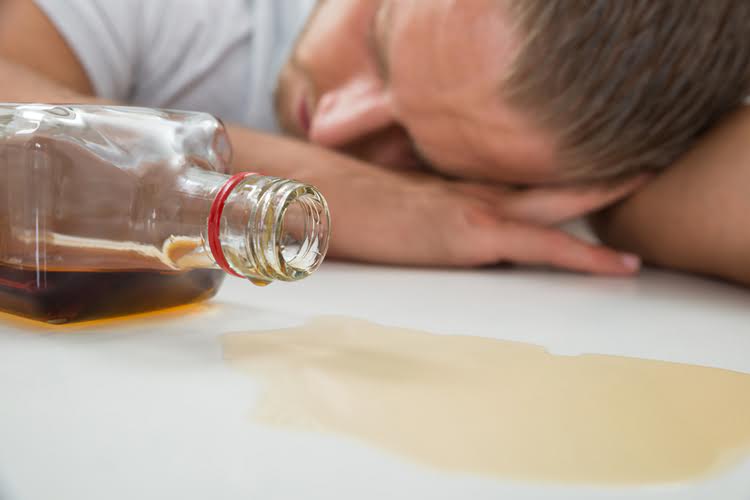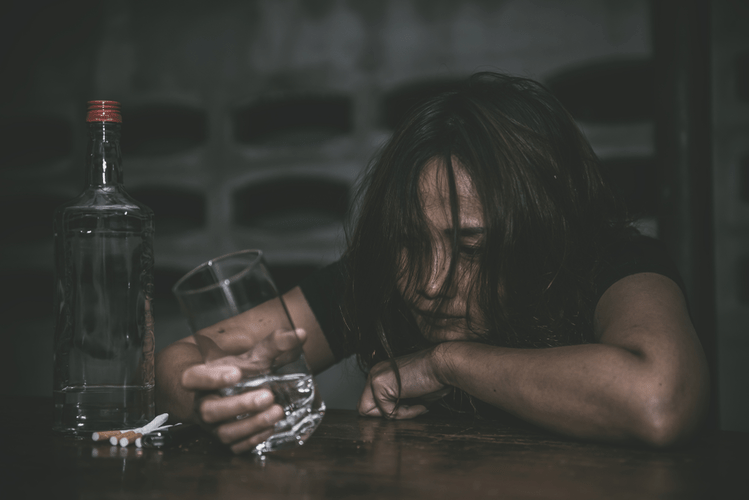Parents who are codependent often take responsibility for the actions of their addicted child in an attempt to keep them safe. This involves lying to family or friends on behalf of the child, bailing a child out of jail if they get a DUI or drug-related charge, or sending money to the child whenever it is requested. While these behaviors typically have good intentions, it is highly likely that they are enabling the addicted adult child to continue drinking or using. Addiction is a family disease as it affects not only the person suffering but the entire family as well. In many cases where a parent has an adult child who is suffering from addiction, the parent will begin to exhibit codependent behaviors.
Substance Use Disorder Effects On Parents and Strategies For Helping Addicted Children
I often tell parents or family members of a person struggling with addiction that what they think they are doing to help their loved one is actually hurting them. Enabling means the family or friends of an addicted person help that person continue their addiction, often by not allowing that person to experience the consequences of their addiction. Being aware of the signs and symptoms of substance use disorder can help you identify if your child is struggling with one.
- Many parents are also afraid of the very real possibility that if their substance abuse is exposed, they might lose legal custody of their children and face criminal charges.
- As Geno listened to his son’s slurred voice, he felt flooded with upsetting thoughts such as “What the heck is it now?
- Active substance abuse in the family of a client who is trying to get clean will also put that client at risk for relapse.
- You cannot force an adult child to go to rehab unless they are a danger to themselves or others.
- This is enabling because it allows your child to continue using drugs without consequences.
Finding Treatment

Studies looking at the relative weight of these influences show that both add contribution and impact (Haber et al., 2010). The impact will vary depending on the role and gender that Top 5 Advantages of Staying in a Sober Living House the individual with the SUD has in the family. For example, if an adolescent child is identified as having a SUD, this will affect the family differently than if a parent has an SUD.

Recommended Drug and Alcohol Rehab-Related Articles
I have seen people go to addiction treatment because of a court case, job requirement, a relationship in jeopardy, physical health problems, nowhere else to live, and family interventions. Then there are people that enthusiastically went because they wanted help. The one thing they have in common is that they had a good opportunity to recover from the disease of addiction. At Recovery First in Florida, all levels of care are available, making transitions between levels a comfortable and convenient experience for patients. Others may receive more benefits from a month-long rehab program or long-term addiction treatment.
He says rather than asking ‘what’s wrong’ with a child because of their behavior, he suggests asking, ‘what happened to you? ‘ «And listening to those stories and getting https://thecoloradodigest.com/top-5-advantages-of-staying-in-a-sober-living-house/ to know them. And that makes such a huge difference.» The lyrics of the Camp Mariposa verse, «7 C’s,» are printed out on lanyards so new campers can sing along.
Find Addiction Treatment Near You
- Being careful not to enable, helping them find a treatment program, and attending therapy and support groups together are all ways to help support their recovery.
- Make excuses for your child’s behavior, such as saying they are “just going through a phase” or “under a lot of stress.” This is enabling because it minimizes the severity of your child’s drug use and the consequences of that use.
- This discussion focuses on the definition of enabling and what to take into consideration when trying to motivate your child to engage in healthy behaviors.
- Not enforcing boundaries, such as allowing your child to use drugs in the house or to hang out with friends who use drugs.
- They will have to experience it themselves, face consequences, and reach a place of enough emotional pain if they are to accept help.
What To Say To Kids When The News Is Scary
- «We teach kids [that] … when we keep our feelings inside and we don’t have an opportunity to share them in a safe place and with a safe person it becomes a part of the cycle of addiction.»
- Parents want the best for their children, but this doesn’t mean thinking the best of them no matter what they do.
- Children of addicted adults are often discouraged — sometimes through outright intimidation or emotional manipulation — from talking with other grownups about problems they’re experiencing.
